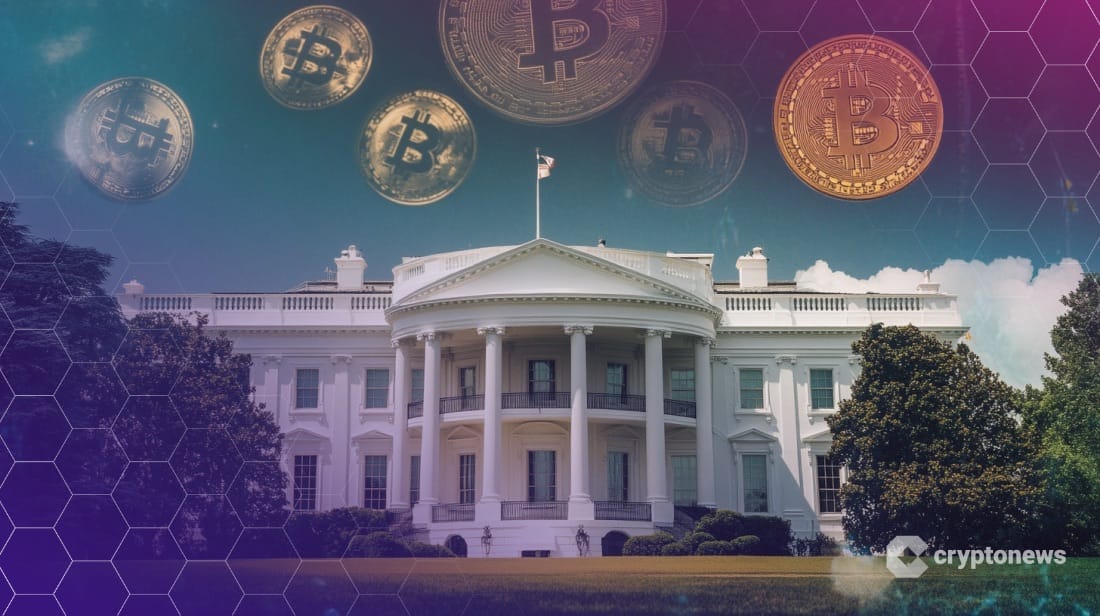Last updated:
 Why Trust Cryptonews
Why Trust Cryptonews
Ad Disclosure
We believe in full transparency with our readers. Some of our content includes affiliate links, and we may earn a commission through these partnerships. Read more

As U.S. President-elect Donald Trump prepares to return to the White House on January 20, his first day in office could be marked by executive actions that may significantly impact the cryptocurrency industry.
According to a report by The Washington Post on Jan. 13, Trump is expected to prioritize executive orders addressing crypto de-banking and revising a controversial bank accounting policy.
The anticipated orders include a repeal of a policy introduced under the Biden administration, requiring banks holding cryptocurrency to list the digital assets as liabilities.
This policy stems from the Securities and Exchange Commission’s March 2022 Staff Accounting Bulletin, SAB 121, which has faced resistance from the crypto industry.
Trump Team to Reverse SAB 121
The Trump team has reportedly emphasized the urgency of reversing these measures, with sources close to the discussions confirming their high priority.
The crypto industry has long criticized the Biden administration for what it perceives as a targeted crackdown, often referred to as “Operation ChokePoint 2.0,” aimed at severing the sector’s access to financial services.
Industry leaders have urged Trump to take decisive steps, including issuing crypto-related executive orders, within his first 100 days in office.
Some insiders predict that at least one such order could be signed on his inauguration day.
In addition to crypto-focused policies, Trump’s administration is expected to revisit other tech-related regulations.
David Sack, Trump’s designated crypto and artificial intelligence advisor, recently signaled intentions to revoke Biden’s 2023 AI executive order.
This order had been criticized by conservatives for its emphasis on advancing equity through AI technologies.
Meanwhile, venture capitalist Marc Andreessen has reportedly been instrumental in shaping Trump’s incoming administration.
Known for his investments in tech and crypto, Andreessen has been actively recruiting candidates for key positions, including roles in technology, defense, and intelligence.
During his campaign, Trump pledged to bolster the U.S. crypto sector, promising a Bitcoin strategic reserve and reduced regulatory hurdles.
New Hampshire and North Dakota Latest U.S. States to Propose Bitcoin Reserves
New Hampshire and North Dakota have introduced legislation to establish strategic Bitcoin reserves, marking a growing trend among U.S. states to diversify their treasuries with cryptocurrency.
Previously, Ohio proposed adding Bitcoin to its treasury reserves, following the introduction of a new bill by House Republican leader Derek Merrin.
Likewise, on 12 December 2024, Texas Representative Giovanni Capriglione introduced the Texas Strategic Bitcoin Reserve Act, which proposes that the state comptroller hold Bitcoin as a reserve asset for at least five years.
Pennsylvania took a similar step in November, with Representative Mike Cabell proposing a bill to allow its treasury to allocate up to 10% of its balance sheet in Bitcoin, citing the asset’s potential to hedge against economic uncertainty.
Furthermore, corporate Bitcoin holders like MicroStrategy and Metaplanet have expanded their Bitcoin holdings.















